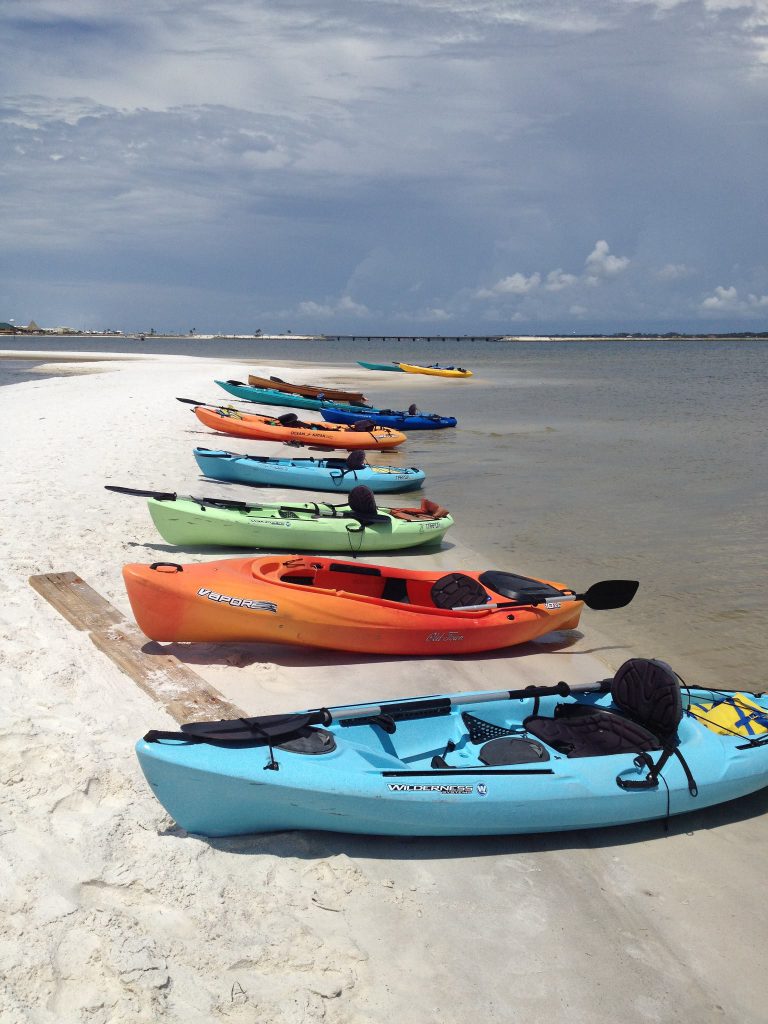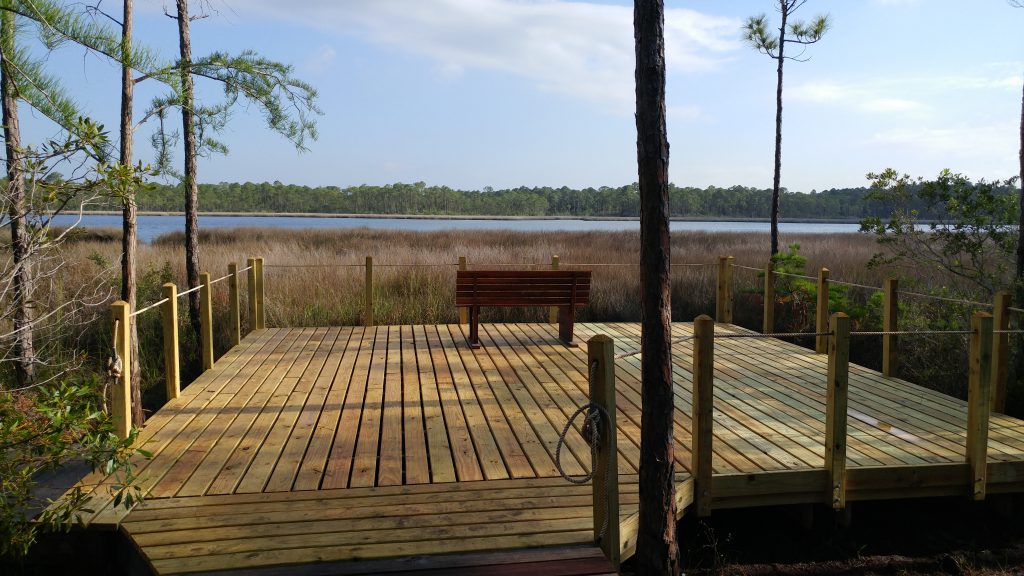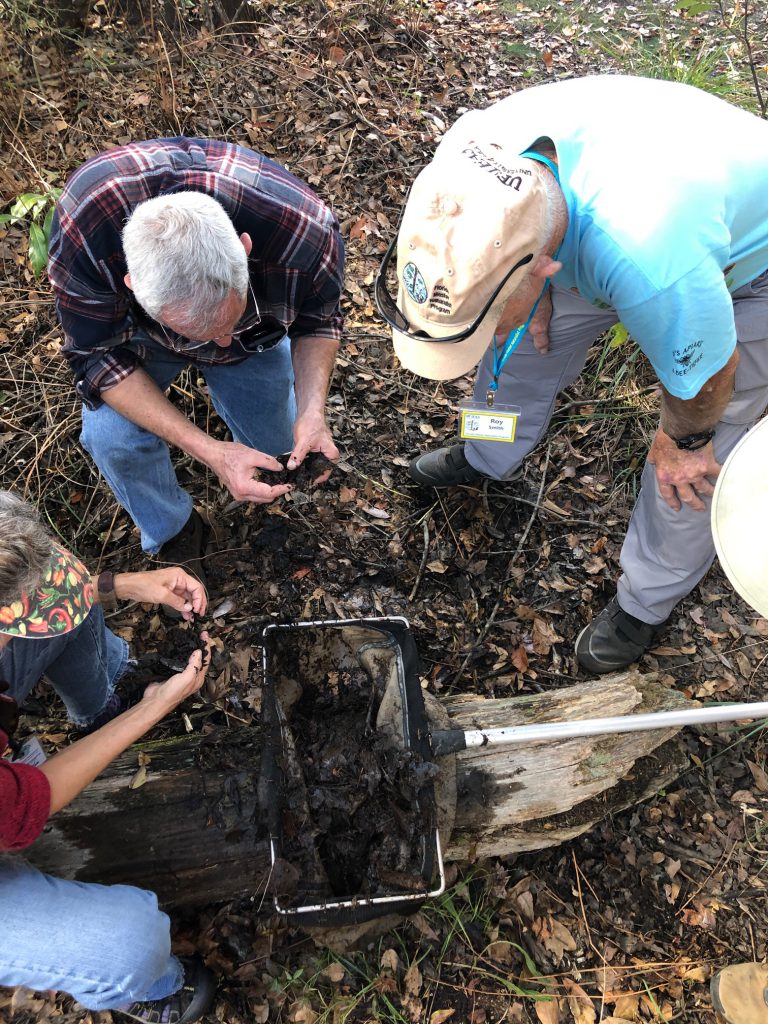Kayaking through a crystal blue spring, hiking among longleaf pines and discovering gopher tortoise burrows, gliding past alligators by boat in Mobile Bay, private tours of the EPA lab on Pensacola Beach, and meeting hundreds of fascinating, like-minded people—these are just a handful of fond memories from my experiences teaching the Florida Master Naturalist Program. Having recently celebrated its 20th anniversary, the Florida Master Naturalist Program (FMNP) has inspired the creation of dozens of similar courses in other states and proven itself to be one of the most popular outreach programs to come out of UF IFAS Extension.

The mission of the FMNP is simple—to promote awareness, understanding, and respect of Florida’s natural world among Florida’s citizens and visitors. I have always felt strongly that if you want people to care about something, they need to understand it. And to really understand something, you need to experience it. I know my own passion for science and ecology was ignited early on by teachers who took us outside and helped us encounter the many wondrous surprises in the natural world. With FMNP, we seek to do just that.
Over a span of 40 hours in 7-8 weeks, we spend about half our time with classroom presentations and the other half in the field, seeing the plants, animals, and ecosystems we discuss in class. In addition to classes and field trips, students produce a final project and present it to the class. These can range from labeled collections and slide presentations to building bird houses and new trails. The program is composed of three 40-hour core courses; Coastal, Upland, and Freshwater Systems. Seven “short courses” with 24 hours of class/field time include the Land Steward series (Conservation Science, Habitat Evaluation, Wildlife Monitoring, and Environmental Interpretation) and the Restoration courses (Coastal Restoration, Marine Habitat Restoration, and Invasive Plants). Locally, we try to rotate the core modules every couple of years and incorporate the short courses periodically. The registration fee per core module is $250 – $300 and includes a detailed course manual and, upon completion, FMNP patch, certificate, and pin denoting area of expertise. There are a handful of scholarships available for those interested in applying to offset costs.

The classes do not count towards university credit, but are an excellent certification and professional development opportunity that look great on a resume. While we’ve had ecotour operators, park rangers, environmental consultants, teachers, and archaeologists (and many seeking employment in the environmental field), most of our FMNP students are not professionals in the field. They come from every background imaginable, but share an interest in the outdoors. Because we meet weekly, class members often bond and create long-lasting friendships during the courses.
Extension Agents in northwest Florida are offering two Master Naturalist courses, starting in the next few weeks. In Escambia and Santa Rosa County, we will have an in-person daytime Coastal Systems class starting March 28 and running through May 16. Walton County is teaming up with Miami-Dade to offer an evening hybrid (online class sessions, in-person field trips) Freshwater Systems course from February 18 to April 13. FMNP classes are restricted to adults 18 and over, but a new “Florida Youth Naturalist” curriculum has been designed through our 4-H program for young people. For more information on that, check out their website.

- Hurricane Season 2025 - July 7, 2025
- The Striped Burrfish - April 11, 2025
- The Value of Biodiversity - March 28, 2025
